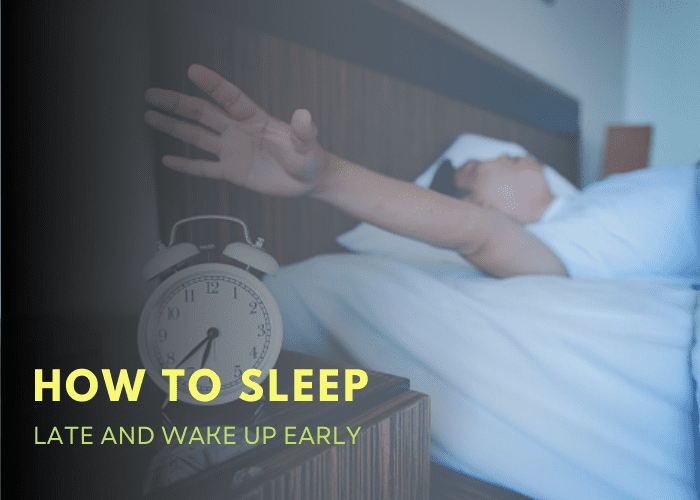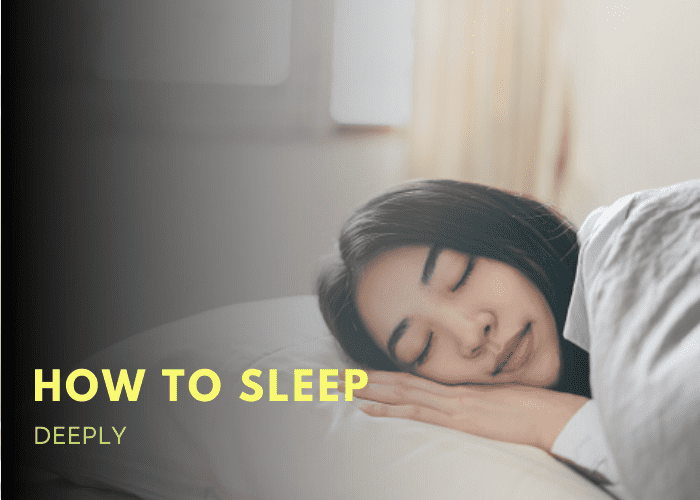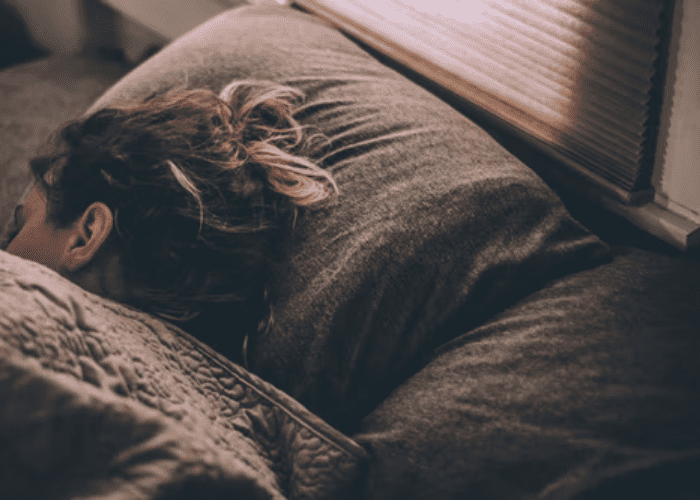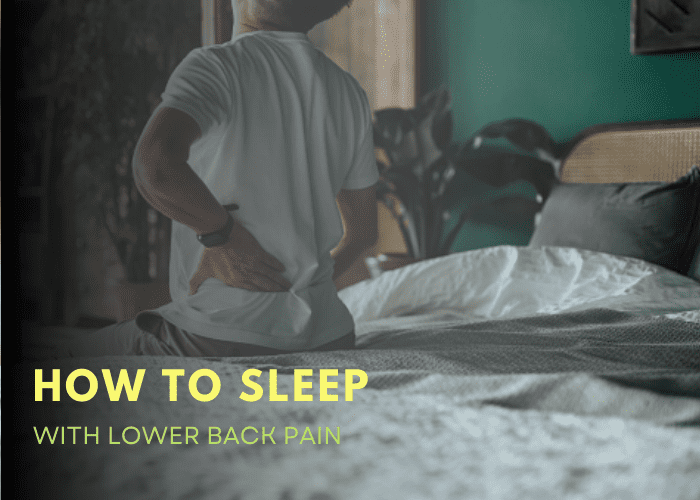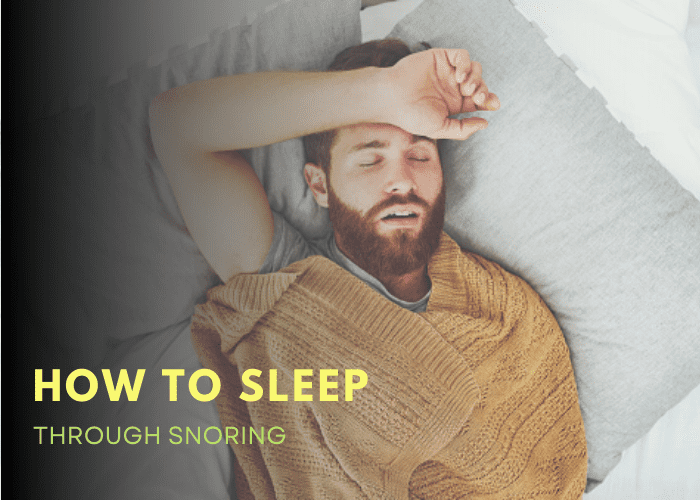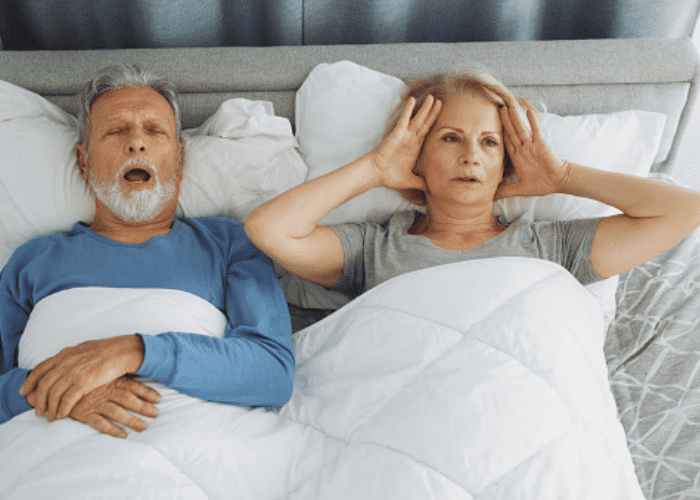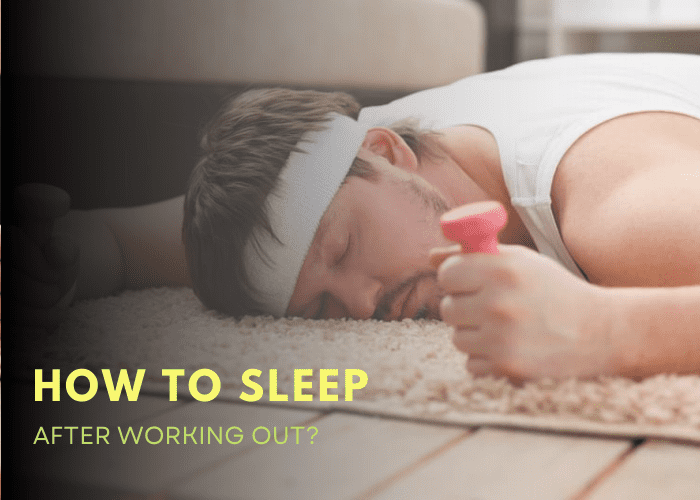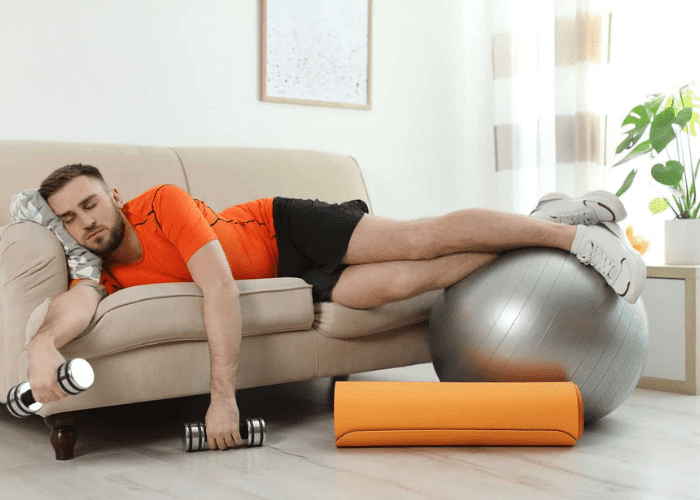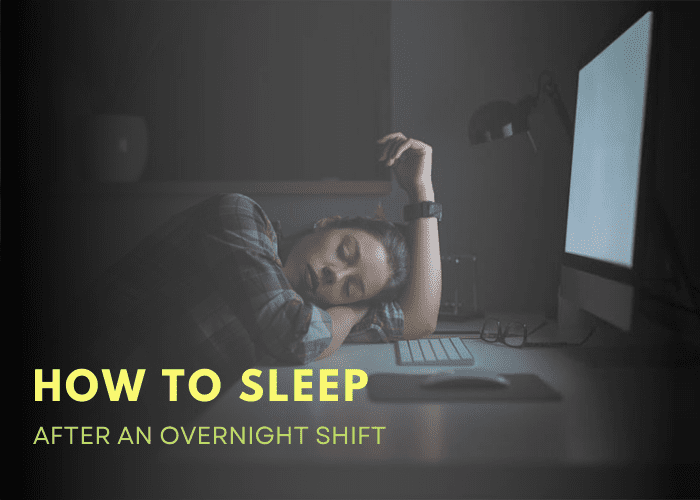Do you like burning the midnight oil but need to rise early in the morning? Is it possible to sustain this lifestyle indefinitely?
Continuous sleep deprivation is detrimental to your well-being. If you sleep late, make sure you have an environment where you can sleep straight away when you get into bed. Leave your bedroom curtains open to allow sunlight to stream into your bedroom to wake you.
It can be challenging to adjust your sleep schedule so that you are able to sleep later and wake up earlier. Here are a few strategies that may help:
- Gradually adjust your bedtime and wake-up time: Try going to bed 15-30 minutes later each night and setting your alarm for 15-30 minutes later in the morning. This will allow your body to gradually adjust to the new schedule.
- Create a relaxing bedtime routine: Engaging in activities that help you wind down before sleep, such as reading a book or taking a warm bath, can help you fall asleep more easily at night.
- Avoid screens before bed: The blue light emitted by screens can disrupt your natural sleep-wake cycle, making it harder to fall asleep. Avoid screens for at least an hour before bed.
- Make sure your sleep environment is conducive to sleep: A comfortable bed, a cool and dark room, and minimal noise can all help you get a better night’s sleep.
- Get exposure to natural light during the day: Natural light can help regulate your body’s internal clock, so try to get outside for at least a few minutes each day.
- Consider talking to a healthcare provider: If you are having trouble adjusting your sleep schedule, a healthcare provider may be able to offer guidance and suggest additional strategies.
How can I wake up early if I sleep late?
Use an alarm clock out of reach, so you have to get out of bed?
Some of you just love to stay awake into the small hours of the morning despite the need to wake early for work or other reasons.
The truth is burning the candle at both ends can cause your health to suffer, so sleeping late and rising early once in a while is ok. It should not be a lifestyle choice.
If you need to wake early after a late night, you can use an alarm clock, it’s not a scientific solution, but it’s effective if done correctly.
A ringing alarm clock in reach when you are tired is pretty useless. You invariably reach out and hit snooze multiple times before switching it off, resulting in being late for work or an appointment.
Sleeping late and waking early involves a little ingenuity, so place your alarm clock out of reach, even on the other side of the bedroom, so the only way to stop the annoying ringing is to get out of bed physically.
Two alarm clocks are even better when strategically placed in the bedroom; it makes it hard to even think about getting back into bed.
If you do head for bed in the early morning hours, then open your curtains and a window. The open curtains will allow light to stream into the bedroom, and the open window will allow you to hear your neighbors leaving for work.
If you sleep this way regularly, it’s vital to establish a routine of sleeping late but rising early. Routine helps, but you will still feel tired.
How can I force myself to wake up early?
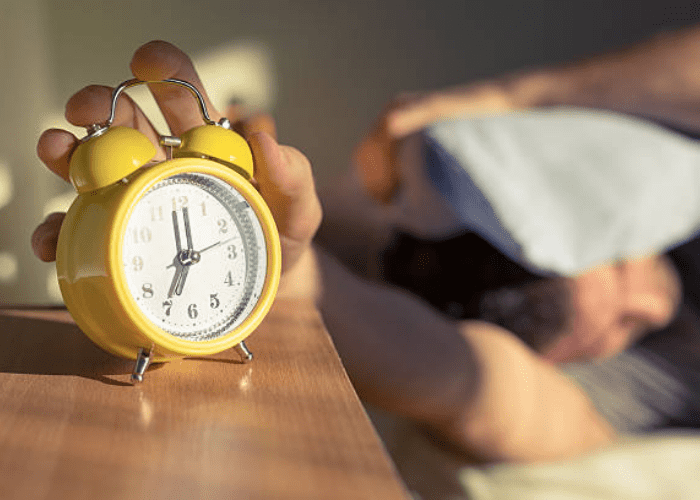
If you discover a way of how to sleep early and wake early, you will not need to force yourself out of bed.
Adults need on average, 7 hours of sleep every night, so you will wake earlier feeling refreshed by sleeping earlier.
You may have to make some changes like cutting out caffeine drinks like coffee and tea and cutting out sugary sodas.
If you unplug all of your electrical gadgets before sleeping, you will notice the benefits, switch off your phone so you are not disturbed by notifications or calls.
Assuming it will be daylight when you wake-sleep with your curtains open if possible, daylight will wake you gently as your room becomes brighter.
There are many techniques to fall asleep quickly, such as breathing techniques. The techniques are tried and tested and proven to work, so check them out online.
Of course, if you want to sleep early, set yourself up for success, don’t nap in the day, eat smaller portions at your last meal of the day and refrain from drinking too much fluid.
- Exercise gently. A brisk walk for 30 minutes will suffice.
- A warm shower.
- A cool bedroom is essential to sleeping easily.
If getting out of bed is your issue, then place an alarm clock across the room, so you have to get out of bed to switch it off.
Adults mostly need 7 hours of sleep each night for you to function well the following day. Some need less, and some need more.
How do you make yourself sleep longer in the morning?
If you have had your sleep quota, staying in bed may induce a headache as you become dehydrated.
How to sleep longer in the morning is easy for some people and difficult for others. It kind of depends on if you have a sleeping routine, what time you go to bed, and what time you wake.
However, if you decide to lay in bed is due, go for it. You will need to set your room up for staying in bed. Make sure the kids are occupied, and you have good curtains to keep the light out of the room.
Keep your phone switched off and remove any way of telling the time. Keep your room cool through the night, so your slumbers are not disturbed.
If you have planned your extra time sleeping, hopefully, you have given the caffeine in your system a chance to dissipate.
If you are a smoker, the craving for nicotine will likely wake you up, making extra hours in bed impossible.
The truth is staying in bed, and sleeping later takes some planning, and you need to be extra tired, and even then, it is said there is no need to catch up on lost sleep.
If you find a way to sleep later, you have mastered something that eludes so many people.
Can you train your body to sleep longer?
No, you have a body clock, and sleep is part of your system. If you get 7 to 8 hours of sleep every night, you have all the sleep you need.
Supplements are widely used, and melatonin can be purchased over the counter or online. Melatonin supplements will help you fall asleep, but you will probably wake up at your regular time.
In conjunction with melatonin, it’s a good idea to take a decent B vitamin compound, certain B vitamins help with sleep, and if you lack B vitamins, your sleep patterns could suffer.
You can incrementally train your body to sleep at different times of the day, which is helpful if you are a shift worker.

